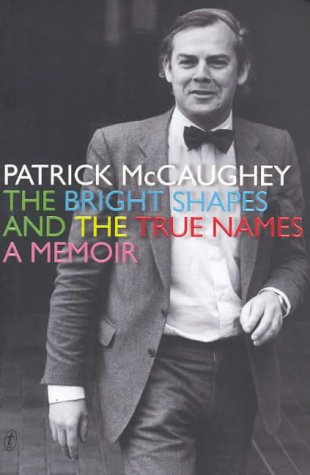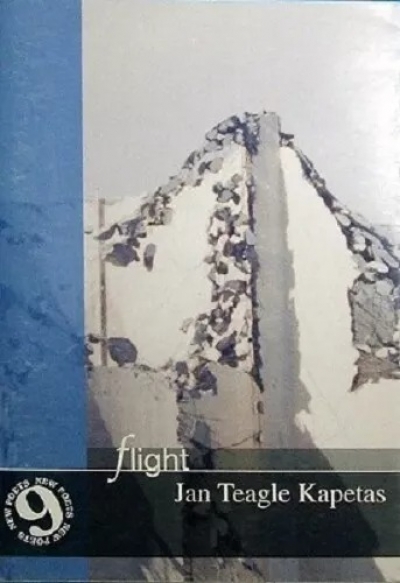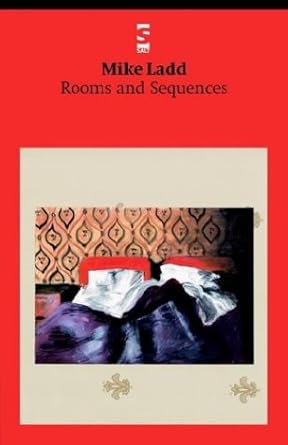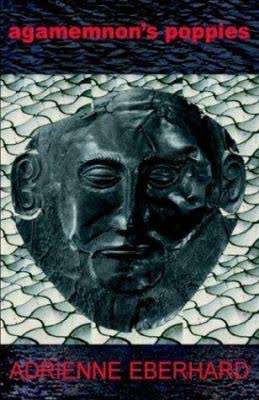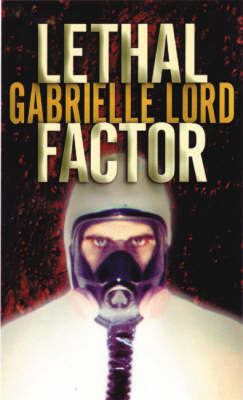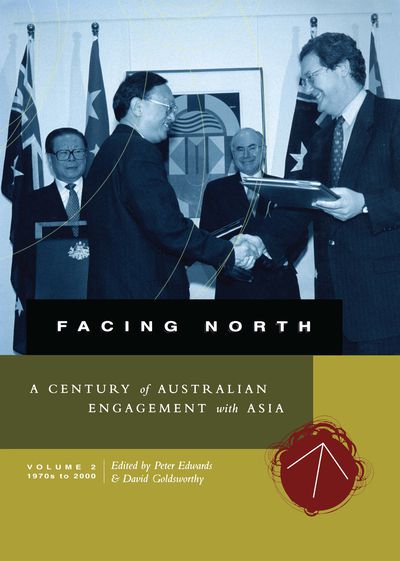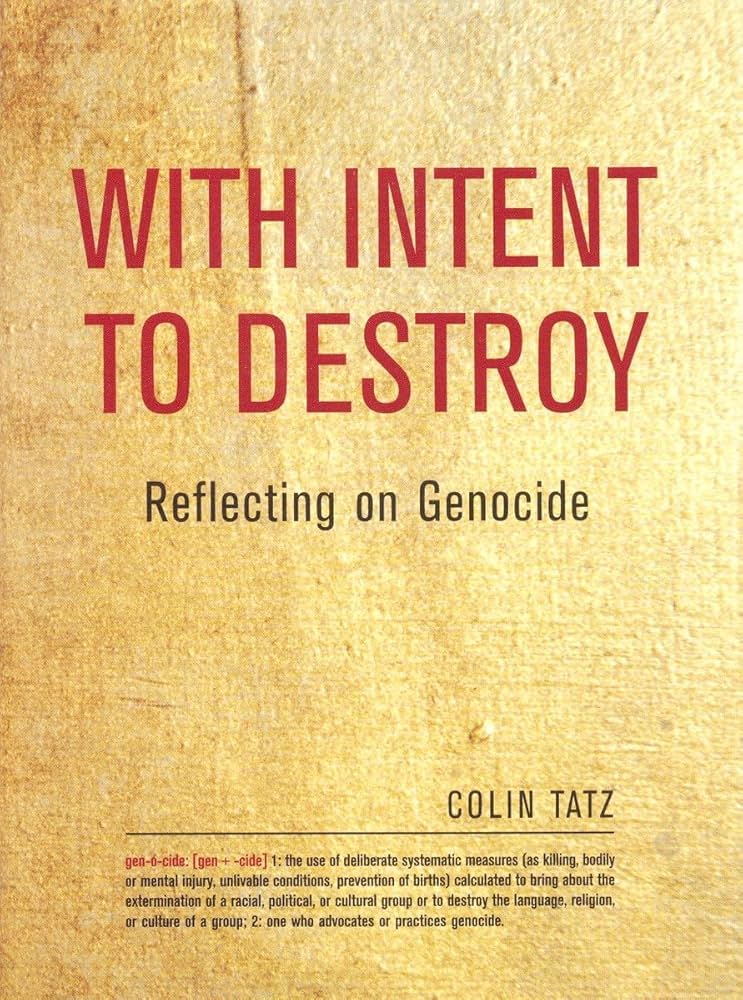Archive
The Bright Shapes and the True Names: A Memoir by Patrick McCaughey
An invaluable testing ground, the pamphlet provides emerging poets with their first real opportunity to gauge critical response prior to the publication of first collections. For readers, it brings continuity to work that, in all likelihood, has appeared haphazardly in newspapers and magazines.
... (read more)The History Wars by Stuart Macintyre and Anna Clark & Whitewash edited by Robert Manne
Agamemnon’s Poppies by Adrienne Eberhard & The Weight of Irises by Nicolette Stasko
Facing North edited by Peter Edwards and David Goldsworthy & Losing the Blanket by David Goldsworthy
When Miles Franklin received her six complimentary author’s copies of My Brilliant Career in September 1901 at her family’s property, Stillwater, twenty kilometres south-west of Goulburn, she was a few weeks short of her twenty-second birthday. It must have been a moment of intense pride to hold the sturdily bound copy of her first novel, published by the distinguished Edinburgh firm of William Blackwood & Sons.
... (read more)A few weeks ago, I went to see a painting in Branford, Connecticut. The owners live in a large house surrounded by woods. The picture is a fine copy of an early seventeenth-century portrait by Anthony Van Dyck. From my precarious vantage point on top of a wobbly stepladder, the canvas appeared to be machine-woven, which means that it cannot have been made, or paint applied to it, before the 1820s. Fortunately, the owners already know this, and are philosophical.
... (read more)
